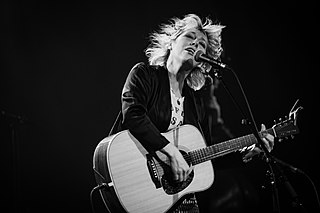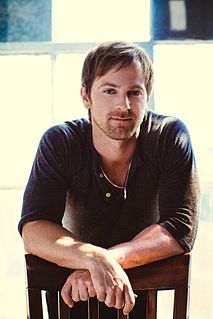A Quote by Curtis Jackson
2Pac wrote about life threatening situations after being shot so often, it made it seem like he was obsessed with it. He even wrote music and material that he left behind after he died that made reference to him dying already. I think the significance in that ties back to us knowing that that's our fate.
Related Quotes
When I listen to my songs, they seem like pieces of music or art, like a painting that you look at. The reality is that, yes, when I wrote the songs upstairs or wherever, I was writing very specifically about my life or a specific subject matter that's very personal. I've never shied away from that. The vocals and the performance that come after the record, I don't think of that as confessional, but the core of the music is completely. It makes sense that people would see that as being the main thing. I guess not everyone is able to speak so candidly.
I took to writing as my medicine to help me stay afloat in acting career journey. I wrote about me breaking hearts, and my heart being broken. I wrote about my views whether they were liberal or conservative. I wrote about everything. I wrote about my life. When I did not have paper coming in as green backs, I'd use random pieces of paper for stories. It was like, I got no money, but I have paper to write. So I wrote.
At the end of the tour last year, I was completely fried. I felt my soul was begging me to give it a release. Two long trips to Costa Rica and to Iceland I've made were the best things I could have ever done for myself and you see it with the songs I wrote before I left and the songs I wrote after - there are two different Kips in there.
My mother had died when I wrote my first book. I was twenty-seven, so it was right at the beginning of my writing life. I don't know if she had lived, if I would have done it, certainly not quite like I did. But, you can't rethink it. You wrote what you wrote, it meant something to other people, and that's your good.




































